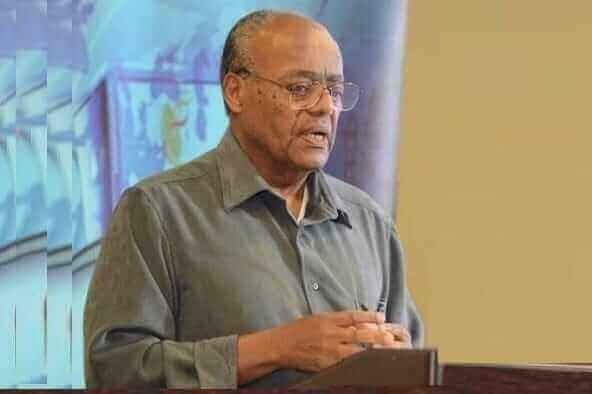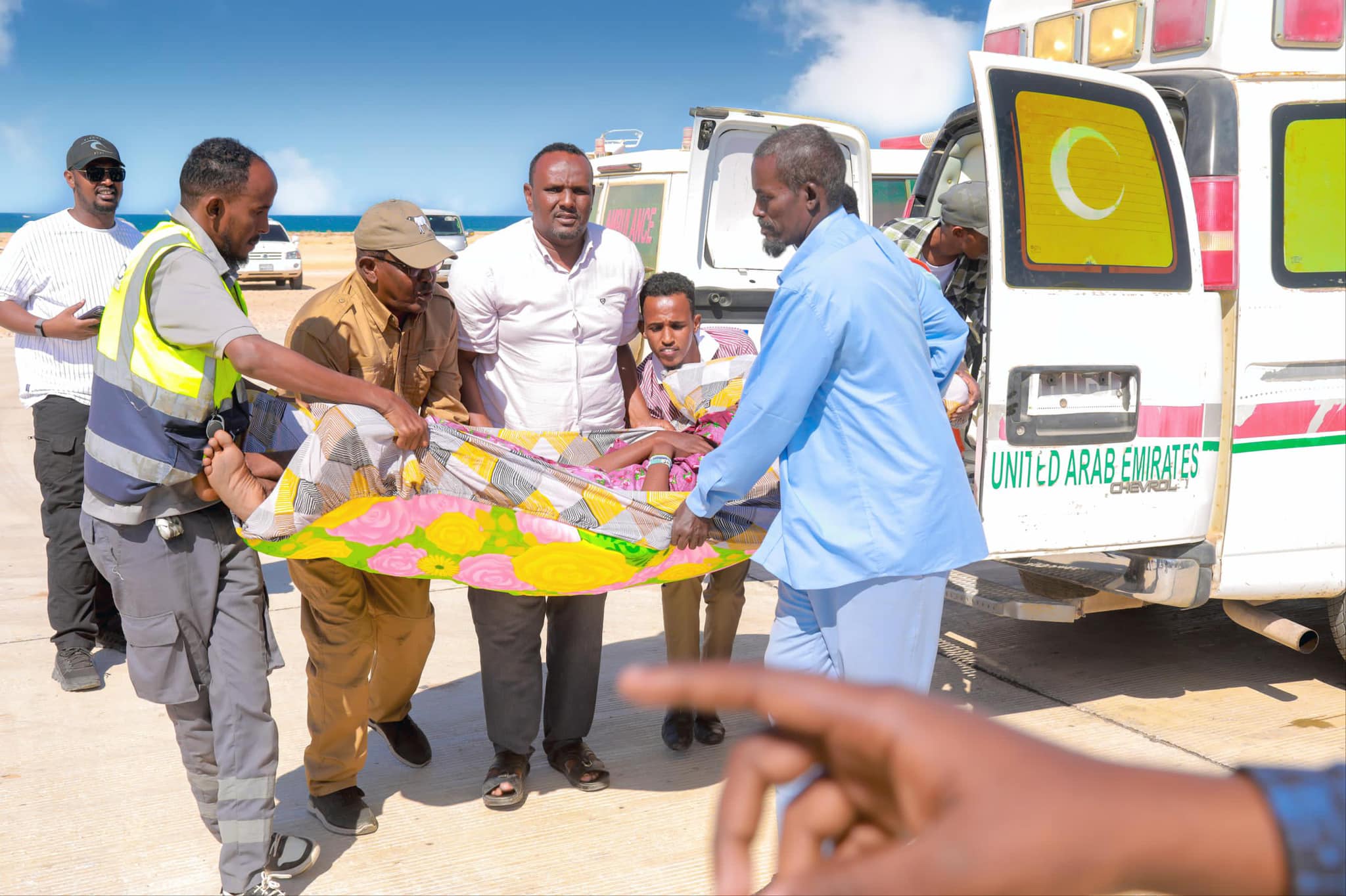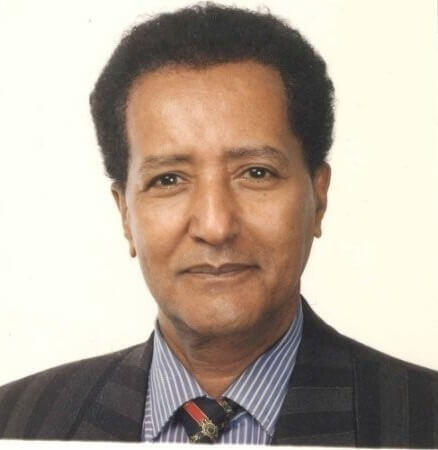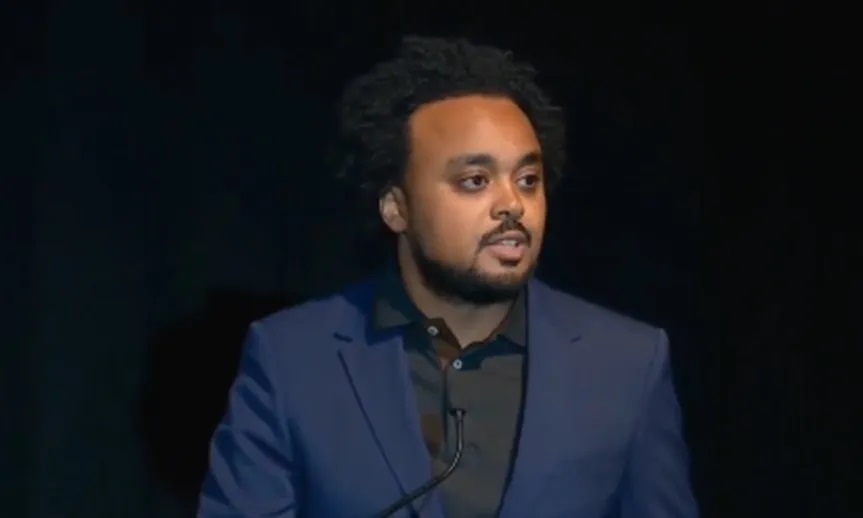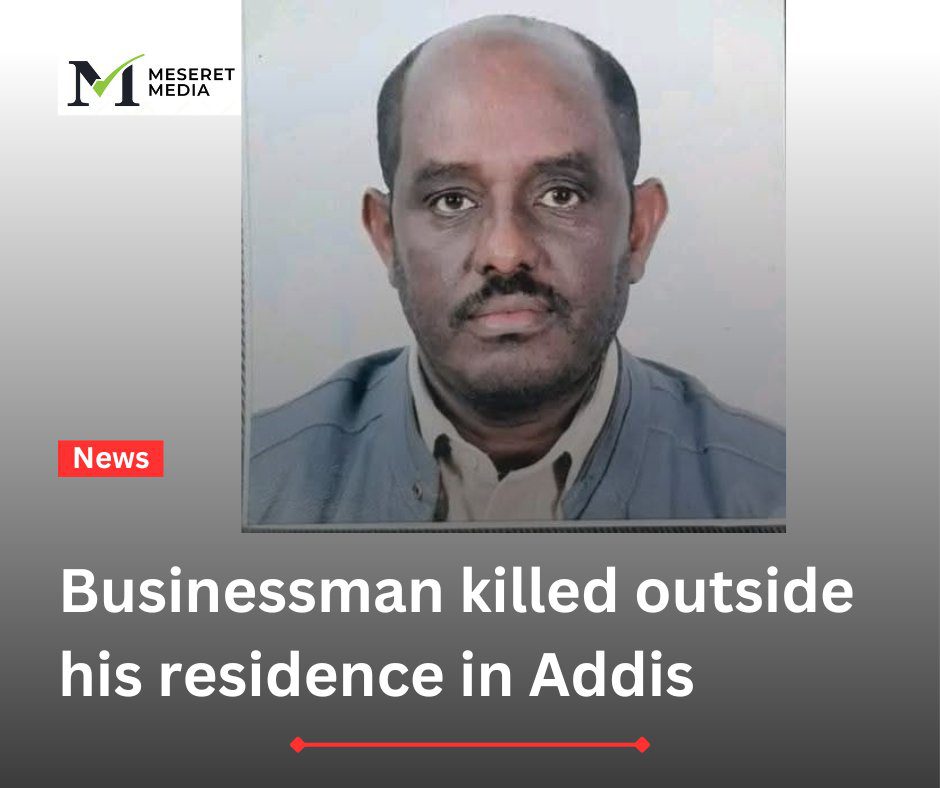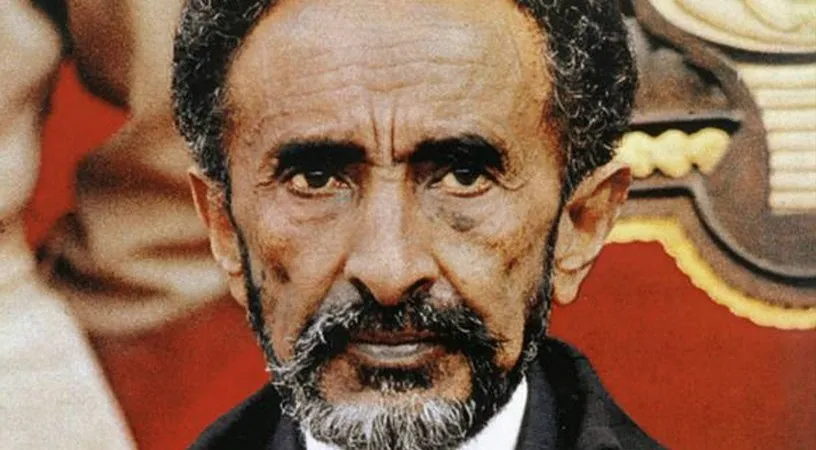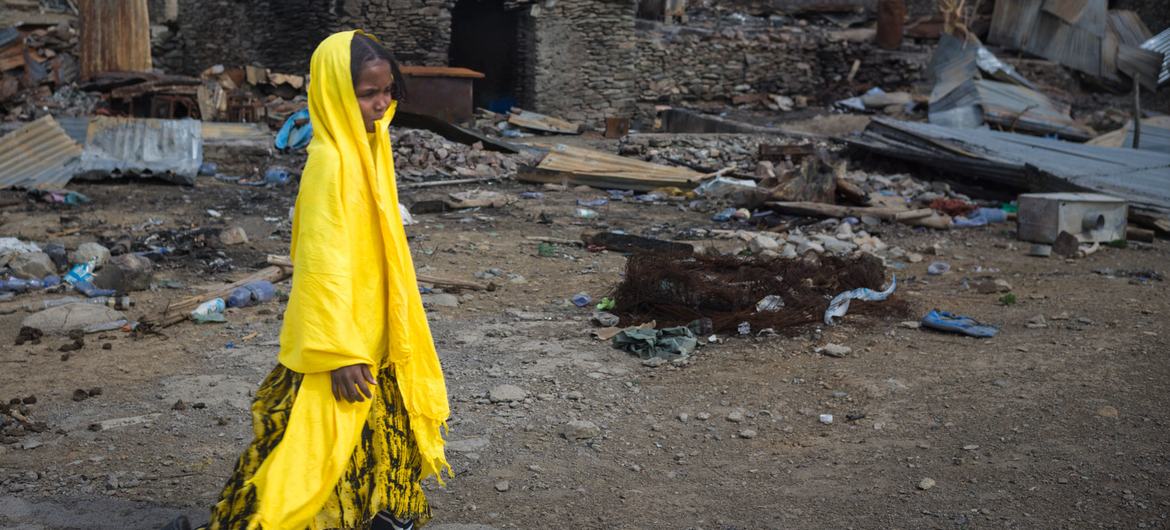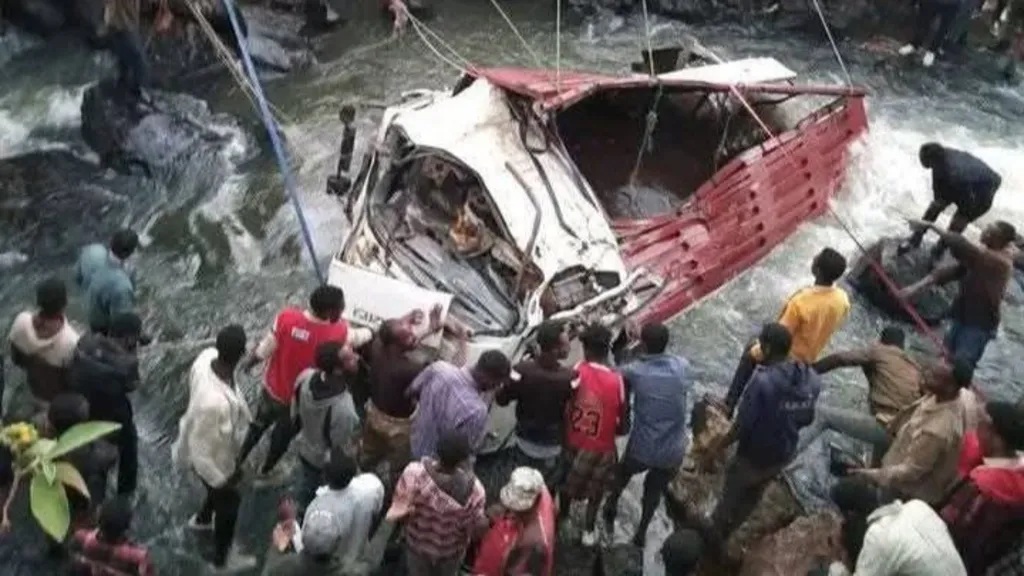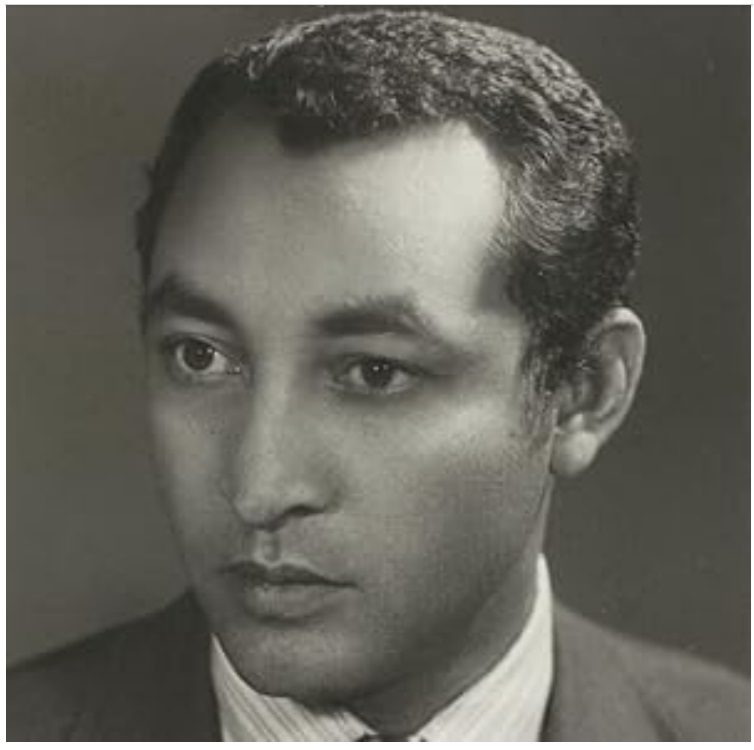By Jeff Spross
A program in Ethiopia has brought distributed solar to 13,200 people, and aims to reach roughly another 11,800 by the end of this November. Roughly one third of the East African country’s population lives on $1.25 a day (adjusted for purchasing power parity) or less, and as of 2009 the country was plagued by power outages and less than 10 percent of its households had access to electricity.
CREDIT: Azuri Technologies
The effort is part of a larger program set up by Ethiopia’s Ministry of Water and Energy, and backed by $40 million from the World Bank. It’s already commissioned three hydropower plants — with a combined capacity of 1.18 gigawatts — to bring renewable energy to Ethiopians on the nation’s electrical grid. $11 million of that grant is going to the solar program, which aims to bring distributed generation to Ethiopians not on the grid.
This can be an unusually effective energy solution for the poor in the developing world — especially in Africa, where sunshine is abundant. Between 1.2 and 1.6 billion people worldwide have no access to electricity, and the International Energy Agency has more or less admitted that at this rate half of them will never have access to the grid. Furthermore, these people generally rely on kerosene, candles, batteries, generators, and such for light and power. The kerosene alone took up 25 to 30 percent of a family’s income per year, as of 2012.
A home solar system capable of meeting a 40 watt peak could supply all the energy needs for poor families in Ethiopia and other parts of Africa — powering lighting, cell-phone charging, fans, computers, and TVs — and cost as little as $300. The problem is that kerosene, despite its large cumulative cost to the poor, can be bought in small, discrete chunks that fit in well with a poor family’s cash flow. A solar array, by contrast, costs much less in total, but requires a large up front investment that poor families by definition can’t pay for. Which is where programs like this come in.
The potential benefits of replicating this kind of program globally a myriad. The world’s poorest fifth could see a large part of their income freed up; the carbon footprint of global fuel use for lighting — equivalent to that of Argentina — would be cut; and when the grid does come to many of these families, use of solar will already be established, encouraging more renewable energy going forward.
Private firms are already getting in on the act. A company named Eight19 is using the fact that more people in Africa have mobile access than electricity to set up a unique financing system: using mobile-powered “pay-as-you-go” plans for off-grid solar power. Another company called ToughStuff has been trying to bring solar to Eastern Africa, including Ethiopia, since 2008. The one-watt thin-film panel they sell costs $15, is extremely tough, user friendly, and almost maintenance-free. Accounting for the costs of kerosene, batteries, and generators, “the payback period [for the panels] is just about 12 weeks for the average person in the developing world,” said Nick Sowden, the company’s director of business development in the United States.
Source http://thinkprogress.org/


